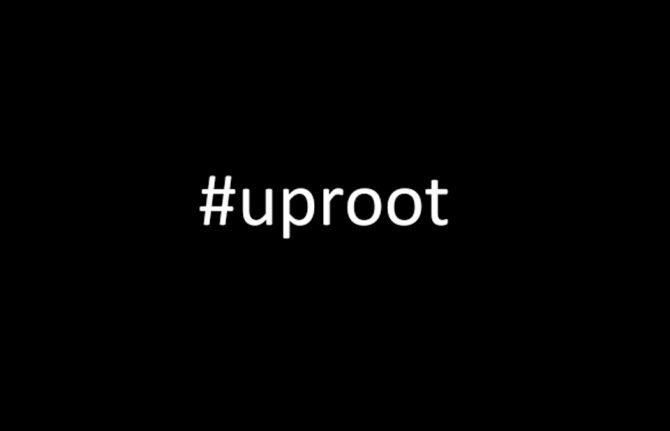

Update
Young people ready to #uproot the structural causes that put them at risk
23 May 2017
23 May 2017 23 May 2017The PACT, a coalition supported by UNAIDS of more than 25 youth organizations and networks working on HIV, has launched a youth-led political campaign to respond to the barriers that put young people at risk of HIV.
Launched through a Twitter chat at the World Health Assembly, #uproot is a campaign running until the end of 2020 that is developed and powered by and for young people everywhere. It aims to increase the visibility of the root causes of risk and vulnerability, including inequities, violence, exclusion and stigma and discrimination, that jeopardize young people’s health, access to HIV and sexual and reproductive health services and rights and the sustainability of the AIDS response.
The campaign will focus its efforts on three strategic areas—challenging harmful legal and policy barriers that deter young people from accessing services, supporting youth participation in the HIV response and strengthening innovative partnerships between networks of young people.
Among the activities planned for this year, #uproot will develop scorecards on the progress achieved by countries on the issues that matter and affect young people the most, crowdsource recommendations to inform the design of youth-friendly HIV and sexual and reproductive health services, map and support youth participation in community responses and establish strategic alliances with medical students and parliamentarians and between youth networks from different countries and regions.
Quotes
“It is high time that as young people we streamline our advocacy everywhere in the world to ensure our meaningful engagement. #Uproot will not only bring together young people for unified advocacy but also rally other partners and donors to achieve a common goal.”
“When young people all over the world are still fighting to participate and be listened to, it’s important to have strong, consistent messages about what we need. #Uproot is a chance to show that we’re being left behind, and this isn’t an accident—it’s because of political choices on who and what to invest in, and because of stigma and fear around young people’s sexuality.”
“Violence, discrimination, stigma and exclusion keep putting young people at risk of HIV, and these barriers are fuelled by silence and indifference. When we pay attention and respond to these barriers together, we contribute to more inclusive societies and the sustainability of the AIDS response.”
Related
 “Who will protect our young people?”
“Who will protect our young people?”

02 June 2025


